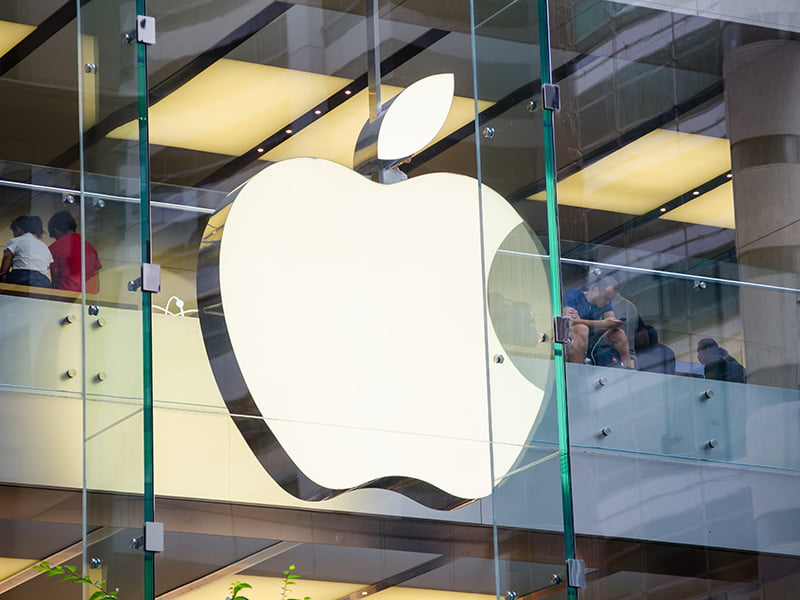Apple has fired back at accusations it guards its mobile payment technology in an anticompetitive way, accusing its critics, including the Commonwealth Bank’s boss, of misleading a parliamentary inquiry and wanting to reduce their own competition.
In an increasingly ugly quarrel between Australia’s biggest bank and the world’s most valuable corporation, both companies have made accusations of anticompetitive intentions and, now, misleading a parliamentary inquiry.

A Joint Committee examining mobile payments and digital wallets has heard that the US tech giant is stifling competition and innovation in Australia by restricting access to its Near Field Communication (NFC).
Unlike Google on its Android devices, Apple restricts developer access to the technology used for contactless payment, requiring payment providers to integrate with the Apple Wallet rather than using their own payment apps or services.
Apple says the restriction is necessary to protect users’ privacy and security, and to deliver a better experience.
Last month, CBA chief executive Matt Comyn told the inquiry the restriction was especially concerning because Apple will soon hold an 80 per cent market share of the digital wallet tap and go payments of its customers.
In subsequent questions and answers at the hearing, the 80 per cent figure was referenced as applying to the entire Australian digital wallets market, at times without correction. Mr Comyn used it as an argument for more scrutiny of Apple.
“The thought that a single provider could have 80 per cent market share in an individual market is usually cause for concern,” Mr Comyn said on 27 July.
“I’d be the first to say they [Apple] make fantastic products, but this is a company whose market cap is double Australia’s gross domestic product and that I’d say—certainly in the context of tax receipts—makes very little contribution to Australian government receipts.”
In supplementary evidence to its original submission to the inquiry, Apple said Mr Comyn and other critics’ evidence “included misleading and false statements about Apple Pay and our business in Australia”.
Apple challenged the “misleading” 80 per cent figure provided by CBA, saying it only represents transactions from the individual bank’s overall digital wallet payments at point of sale, and is actually evidence of the benefits of its proprietary approach.
“This high usage of Apple Pay amongst Commonwealth Bank customers only demonstrates how strongly consumers prefer the convenience, security and privacy provided by Apple compared to the model being advocated by the Commonwealth Bank,” Apple’s additional submission said.
“This is unsurprising given that Commonwealth Bank CEO Matt Comyn stated publicly in October 2019 that launching Apple Pay was the number one customer request when he asked customers what he should prioritise when he was appointed into his role.”
Apple said the low use of Android by CBA customers was evidence of the “convoluted experience” on its rival’s platform and “invalidates claims by banks that Android’s open access to NFC paves the way to greater innovation”.
Mr Comyn also told the inquiry that Apple charges issuers a fee for Apple Pay, unlike Google, but makes no contributions to the multibillion-dollar payments infrastructure.
Apple said its fees are “fair and reasonable” and suggested advocacy by banks for an open NFC was so that they could establish their own “anticompetitive model”. It took particular exception to CBA’s criticism of the fees.
“Commentary by Commonwealth Bank suggests the organisation would like the public to believe Apple is unreasonable in both protecting our intellectual property and that we charge unreasonable fees for participating in the Apple Pay program,” the submission said
“Of the bank’s publicly stated investment in digital experiences and technology in 2020, some $1.8 billion, its investment in bringing Apple Pay to its customers — a service Commonwealth Bank readily admits is very popular and represents 80 per cent of the bank’s digital wallet transactions at point of sale — accounted for a tiny fraction of those costs.”
Do you know more? Contact James Riley via Email.

